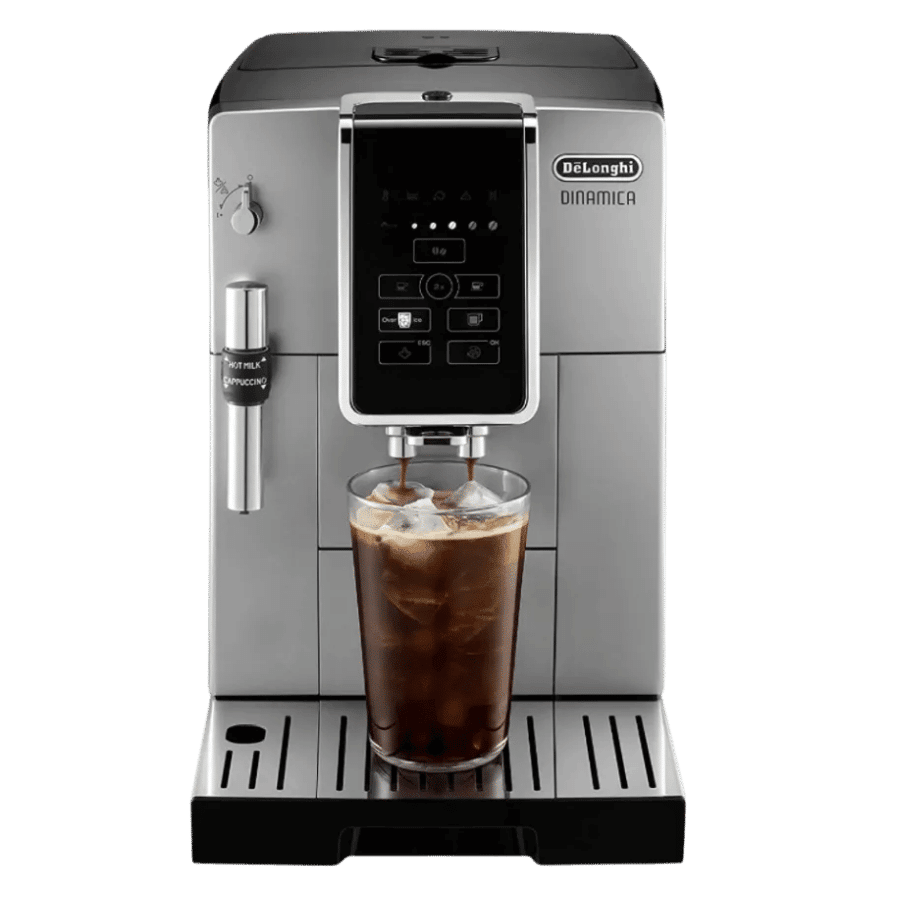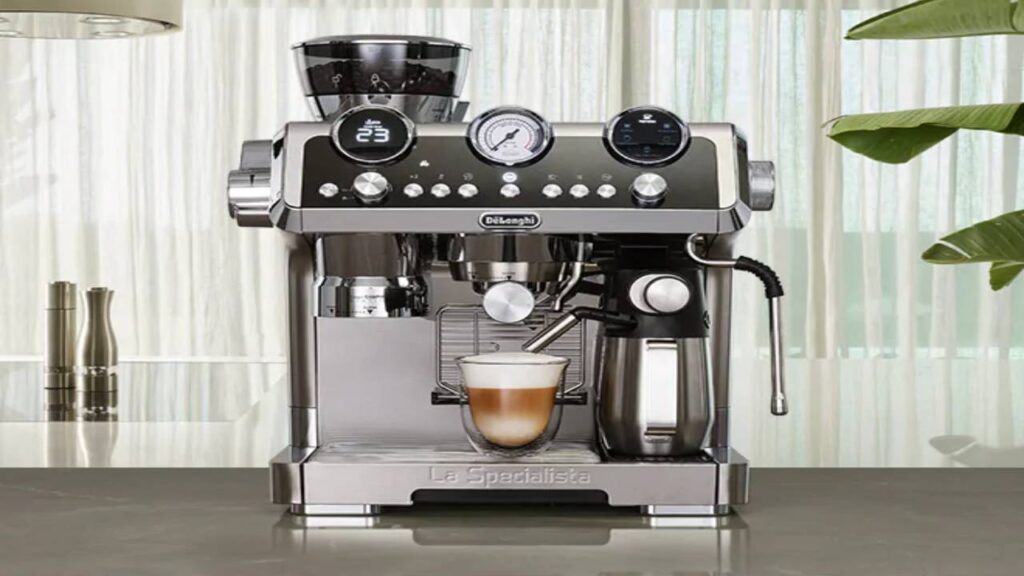When to Descale Your Delonghi Coffee Machine
There are several reasons to descale your Delonghi coffee machine. Limescale and scale buildup can eventually result in an overflowing boiler. A vinegar descale program can help you remove these accumulated deposits from your Delonghi. The process is straightforward and doesn’t require any special tools.
Limescale build-up on Delonghi coffee machine can cause overflowing boiler
Using a water softener is one way to maintain your Delonghi coffee machine. It can help reduce the scale buildup that could potentially damage the heating element. This will make your Delonghi coffee machine last longer. It will also make it easier to clean your device.
Hard water can also affect your machine. Over time, it can cause minerals to build up in the components of your device. The water you use can affect the steam flow, the temperature, and the power of the machine. This can also affect the taste of your espresso. If you have a hard water supply, it may be necessary to descale your machine. You can do this yourself by purchasing a low-cost descaler from the manufacturer’s website.
If you have a Delonghi espresso machine, it is essential to describe it regularly to prevent problems. Using vinegar to descale your device is not recommended. It can also cause your engine to overheat and overflow its boiler. If this is the case, you may need to replace the hopper flange or reset the burr. In most cases, a descaled Delonghi coffee machine is covered under the manufacturer’s warranty.
If your Delonghi coffee maker has a hard water supply, you should descale it more often. Hard water has a higher mineral content than soft water, and the water will build up on the heating element. As a result, this water will cause your coffee to become less flavorful and more bitter.
If your coffee machine has a valve pump, make sure to unclog it, as it can become clogged with minerals. It may also have a broken or worn seal, preventing water from flowing under the unit. Excess limescale can also cause cracking of joints and pipes. So, descale your appliance regularly to prevent damage from occurring.
Overflowing boilers can occur because of scale buildup in the boiler. This buildup can prevent water flow to the brew hand or the steam wand. It also contains the boiler from correctly detecting the level of water, which can lead to overfilling. When this happens, the coffee machine’s boiler can overflow. In such a case, descale it as soon as possible.
Scale build-up on Delonghi coffee machine can cause an overflowing boiler
If you’ve noticed the boiler running more often than usual, the most likely cause is scale build-up. A descaler will help reduce scale build-up and prevent the boiler from overflowing. However, it won’t remove the build-up completely. If you’re still concerned, you can try adding distilled water to your machine. This solution will neutralize the scale and make your machine last longer.
A problem with the water tank may also be the problem. If the tank is front-mounted, make sure it’s fully inserted and pushed in. Also, make sure the machine’s settings are set to dispense hot water. If it doesn’t, try running the process again.
Vinegar removes limescale from delonghi coffee machine
A common household vinegar is a cheap and effective way to remove limescale and rust from your coffee machine. It is also environmentally friendly. However, some users may complain about the vinegar taste, which is not desirable. Furthermore, vinegar can take a while to leave the pipes clean and can leave your coffee machine with a smell. Hence, it may not be the best solution.
To make sure that your coffee machine is free of limescale and other build-ups, you should regularly clean the internal parts with filtered water. This can be done using a Brita filter. Also, be sure to dispose of the grounds properly. A descaled coffee machine produces better-tasting coffee.
A layer of limescale can insulate the water from the heat source. The water temperature will not be high enough to extract the full flavour of the coffee beans. This results in an insufficiently hot drink. Furthermore, a compromised boiler’s heating capacity will increase the electricity bill. Moreover, an obstructed water flow can cause a malfunctioning machine. If you’re considering removing limescale from a delonghi coffee machine, there are a few things you should know.
Fortunately, vinegar can be used to remove limescale from a Delonghi coffee machine. However, it is important to note that vinegar is an acidic substance, so you should dilute the solution to the appropriate concentration. The recommended concentration is one liter or 1000 ml.
First, make sure to empty the water reservoir of the Delonghi coffee machine. Once this is done, you should remove the drip tray and water softener filter. Afterward, you should fill the reservoir with the vinegar solution. After that, you should replace the collecting tray under the cappuccino spout.
In case the water in your local tap contains high amounts of minerals, you should check the water hardness level before brewing coffee. If the level of minerals is too high, it will cause your espresso machine to need more frequent cleaning. You can test the water hardness level by buying a low-cost water testing kit.
When it comes to cleaning a DeLonghi coffee machine, you can use vinegar and plain water. This solution is cheap and effective, and can remove stains from the machine’s surfaces. However, it is important to remember that vinegar will leave a residue after a few brewing cycles, so you’ll need to repeat this step several times.




